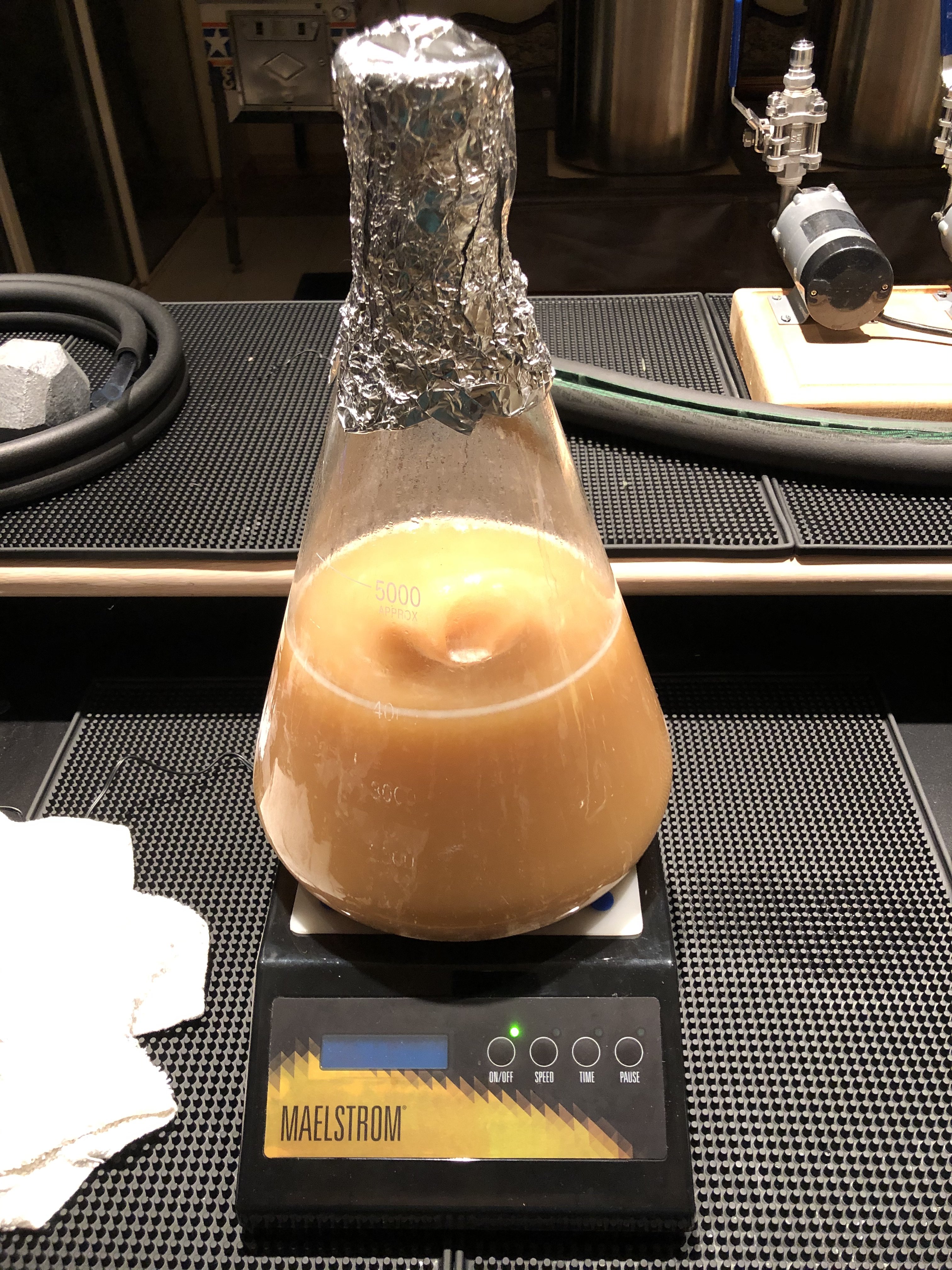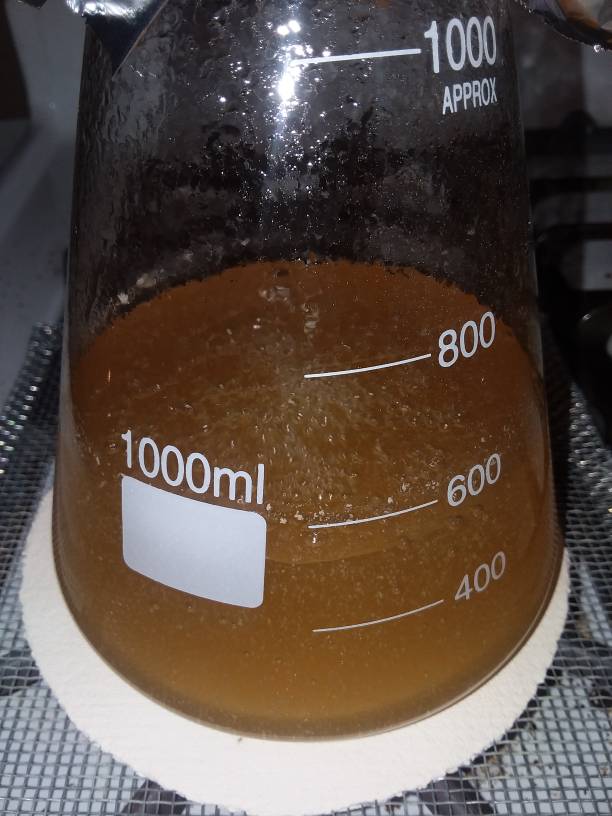CodeSection
Well-Known Member
- Joined
- Feb 4, 2018
- Messages
- 1,655
- Reaction score
- 818
Since others wanted to know and at the same time verify it was the Patco 376 100% oil based defoamer....
About two years ago after talking with the Birko Corporation, I found Adventures in Homebrewing buys Birko Corporation's Patco 376 in bulk and repackages it. I just got off the phone with their Ann Arbor store and warehouse and nothing has changed. They still buy the Patco 376 in bulk and repackage it.
Here is the link where I bought mine......
https://www.homebrewing.org/Foam-Control_p_1773.html


About two years ago after talking with the Birko Corporation, I found Adventures in Homebrewing buys Birko Corporation's Patco 376 in bulk and repackages it. I just got off the phone with their Ann Arbor store and warehouse and nothing has changed. They still buy the Patco 376 in bulk and repackage it.
Here is the link where I bought mine......
https://www.homebrewing.org/Foam-Control_p_1773.html






